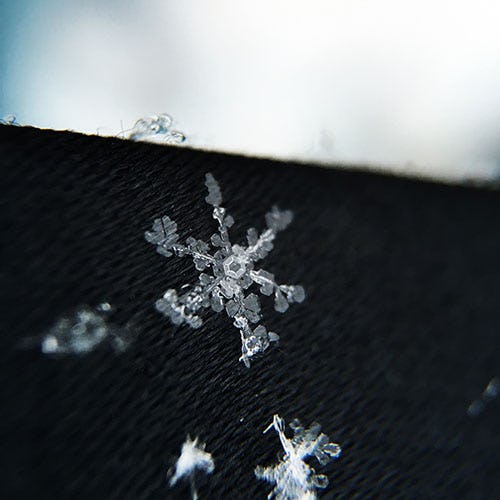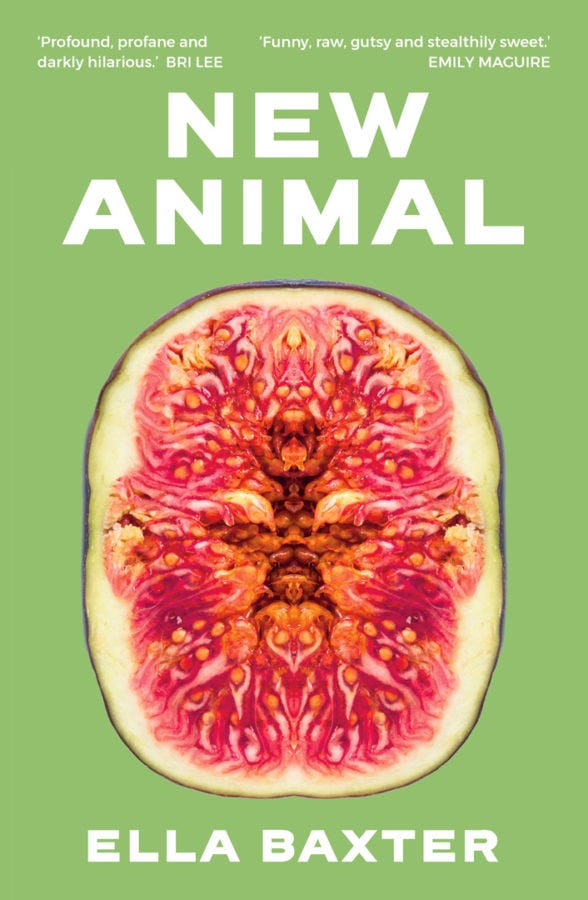Not a Hatchet but a Scalpel
Leah Jing McIntosh • 1 July 2022
Sometimes it feels like we’re trapped in an unending yet terribly boring conversation about literary criticism: it’s too soft. The industry is too small. It’s all publicity, all puff. There’s no backbone, no guts. The enduring racism and or misogyny of the institution bleeds through. Nothing ever changes. When a writer does rip something apart, it’s often another kind of unbearable. An arrogance that reveals its ragged limits in mounting references to The Canon. Look, it’s not that these conversations are wrong. It’s more that they’re right. It’s just that they’re endless. It’s just that I’m bored. Shove me into The Canon and set it alight.
I return to Maria Tumarkin on Michael Hofmann every so often, so I thought I’d curate a few pieces with a similar texture. Tumarkin writes that Hofmann treats reviewing 'as unrepeatable, "hot", improvisational, dangerous'. Not a hatchet but a scalpel. Something to slice right through. A writer taking time to slowly pull apart a book, to think through or alongside another mind. Sentences that bear the trace of sustained thought. Careful, precise. Hot and dangerous.
Maria Tumarkin on Michael Hofmann: One F (in Hofmann) – and U-C-K the Consequences
Maria Tumarkin, Sydney Review of Books, October 2016
With Hofmann it is not, for me, the display of force that sets him apart, it’s the way he treats reviewing – as unrepeatable, 'hot', improvisational, dangerous.

Alison Whittaker on Robin DiAngelo: So White. So What.
Alison Whittaker, Meanjin, Autumn 2020
Maybe it was never about surrendering white power but finding the easiest way to consolidate it in the framework of justice. White fragility found a crack in the mortar of whiteness that was just beginning to crumble.
Khalid Warsame on Christos Tsiolkas: If Every Portrait is a Self-Portrait
Khalid Warsame, Liminal Review of Books, April 2022
Here’s what I think: I don’t believe Christos Tsiolkas when he implies the only thing stopping him from writing from 'someone else perspective' is how much or how little he knows about them or how interested he is in writing that story.

Ursula Robinson-Shaw on Ella Baxter: Dissociating the Novel
Ursula Robinson-Shaw, Sydney Review of Books, February 2022
Here is my little hypothesis: People love to say that the problem with Australian literature is a lack of critical culture. It’s not. It’s that people don’t read Australian literature, and then they lie about it online.
Mykaela Saunders on Eckhart Tolle: Everywhen – Against 'the Power of Now'
Mykaela Saunders, Griffith Review, May 2022
Colonial capitalism has always been obsessed with dissecting bodies, blood, land and time, with reducing everything to the smallest units to commodify or study, as if a part can or will teach us about the whole. This is the colonial archive at work.
Cher Tan on Representation: Two Way Mirrors
Cher Tan, Runway Journal, Issue 38
In this climate of aggressive individualism, unique-ness is sold to us as a commodity, but I don’t claim to stand out. Stories like mine will only keep unfolding, and each of us is alone until we can clearly see ourselves in the mirror.
By the Guest Editor: Leah Jing McIntosh on the Liminal Review of Books
Leah Jing McIntosh, Liminal Review of Books, November 2021
This edition of The Circular was curated by Leah Jing McIntosh. In 2021, she launched the Liminal Review of Books, a new series of literary criticism by First Nations writers and writers of colour. To close, we’d like to share her introduction to the series.
Glissant wasn’t fucking around when he proposed one’s right to opacity. Staying with the trouble is one thing, but sometimes I’d just like my heart to stop beating so hard.
Leah Jing McIntosh is an essayist, critic, and the founding editor of Liminal.